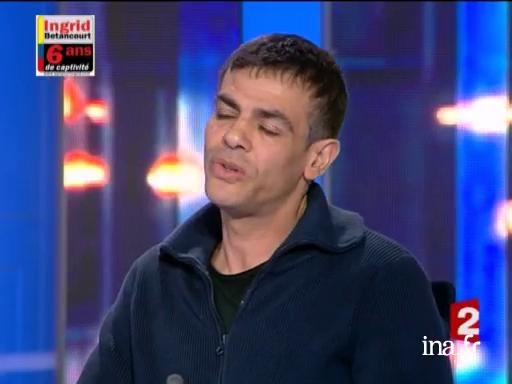Interview with Abdellatif Kechiche

Information
An interview with Abdellatif Kechiche on Olivier Galzi's set for the film The Secret of the Grain which had just won four Césars: the director talks about the symbolic meaning of the title, the reasons explaining the success of his film and of his own father who inspired him to write the main character.
Context
With Hafsia Herzi, the lead actress in his third feature film The Secret of the Grain (2007), Abdellatif Kechiche explains the autobiographical origins of this film as well as the importance of representing the small Sète community of Maghrebin descent.
Originally from Nice, Kechiche, born in 1960, started a career as an actor in the theatre at the end of the 70s before being noticed in the cinema in Le Thé à la menthe and Les Innocents in the 80s. It was in 2000 that he moved to directing with La Faute à Voltaire, a love story based on immigration that would win him the Lion d'Or for the best first work in Venice.
But it was L'Esquive (Games of Love and Chance), a project that he left in a drawer for nearly 15 years, but he revealed to the public in 2002. The daily life of young people from the city who perform a Marivaux piece explores the collision between the language of the suburbs and classic French. Despite the four Césars for L'Esquive, he once again called upon non-professionals for The Secret of the Grain, an old man's gamble, when left unemployed from the docks, to open a floating-restaurant in the port of Sète.


